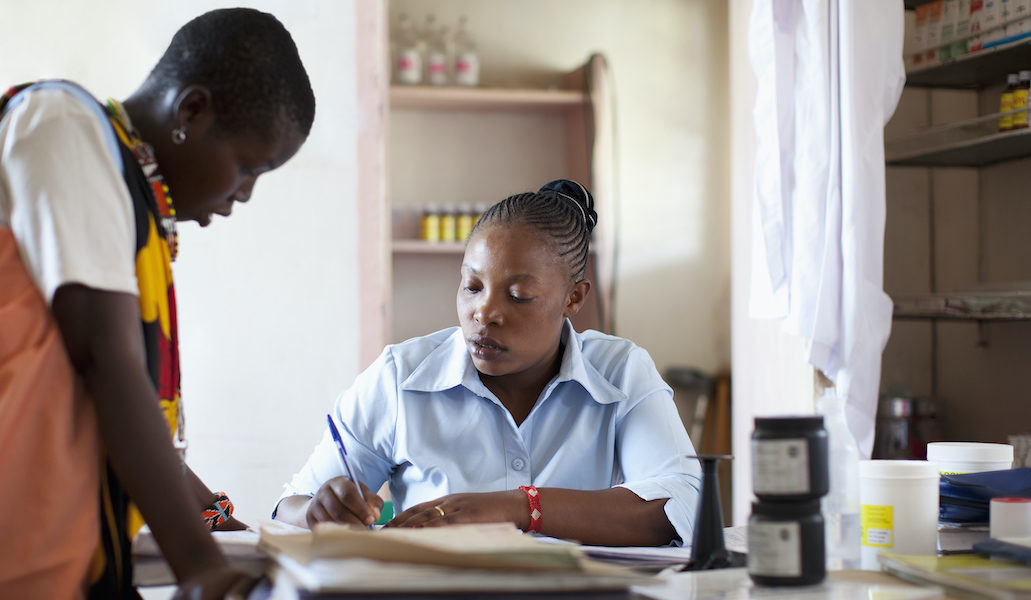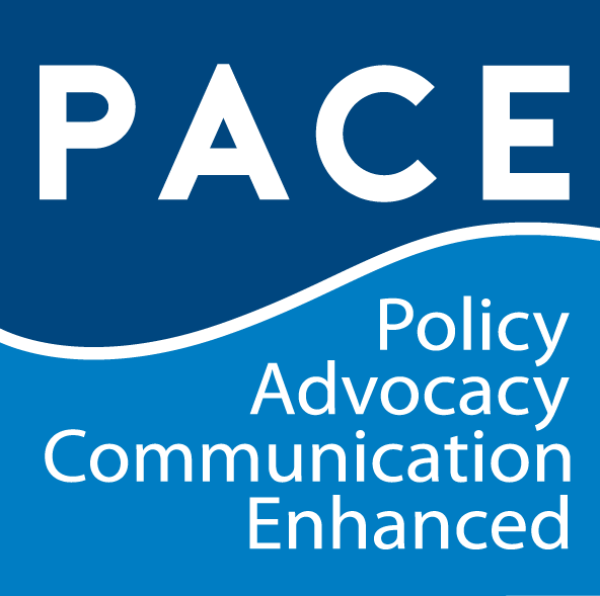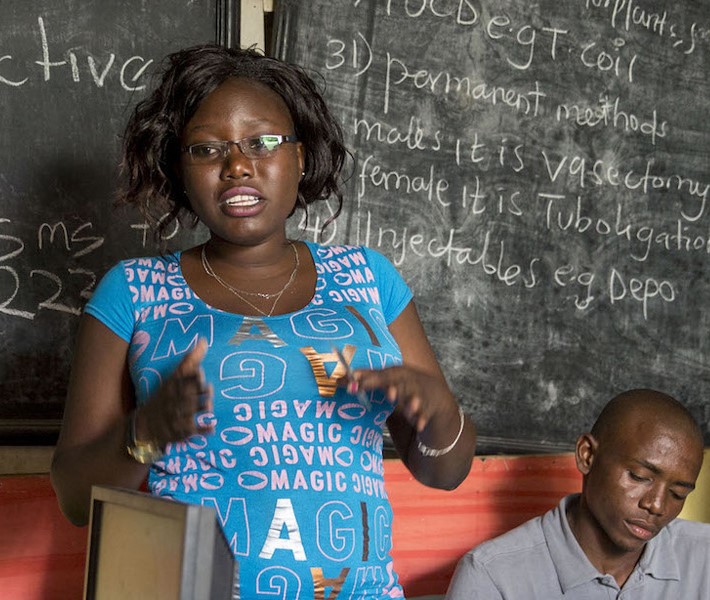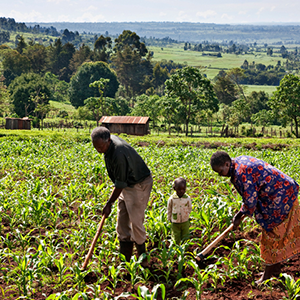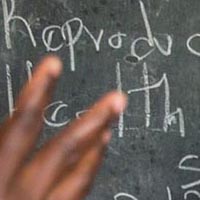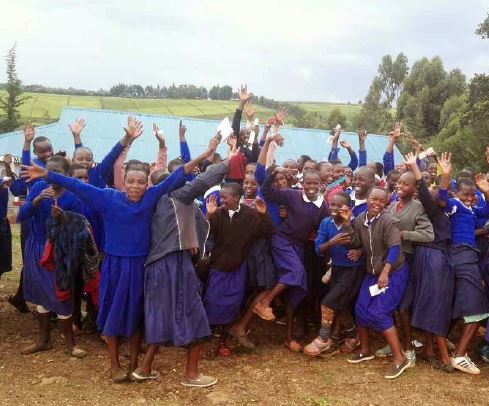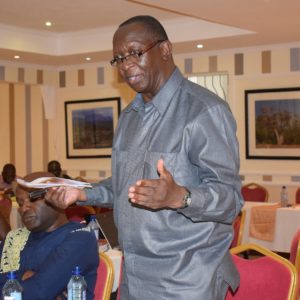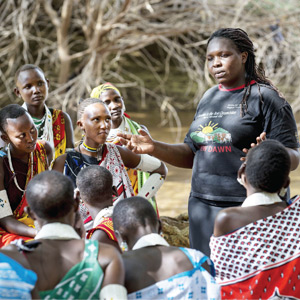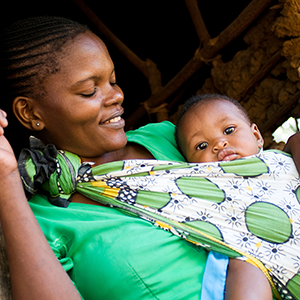Building on 20 years of PRB presence in Kenya, PACE works with national and subnational partners to ensure that sustained access to quality family planning and reproductive, maternal, newborn, child, and adolescent health is enshrined in Kenya’s policies and programs to achieve the Sustainable Development Goals and Kenya’s Vision 2030. PACE is recognized as a key partner supporting Kenya’s Journey to Self-Reliance.
Kenya
